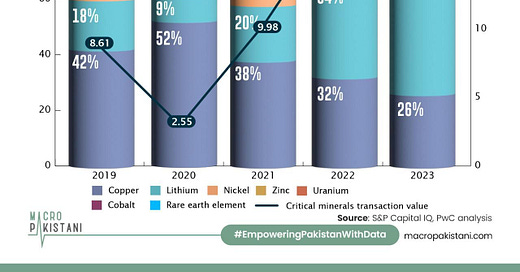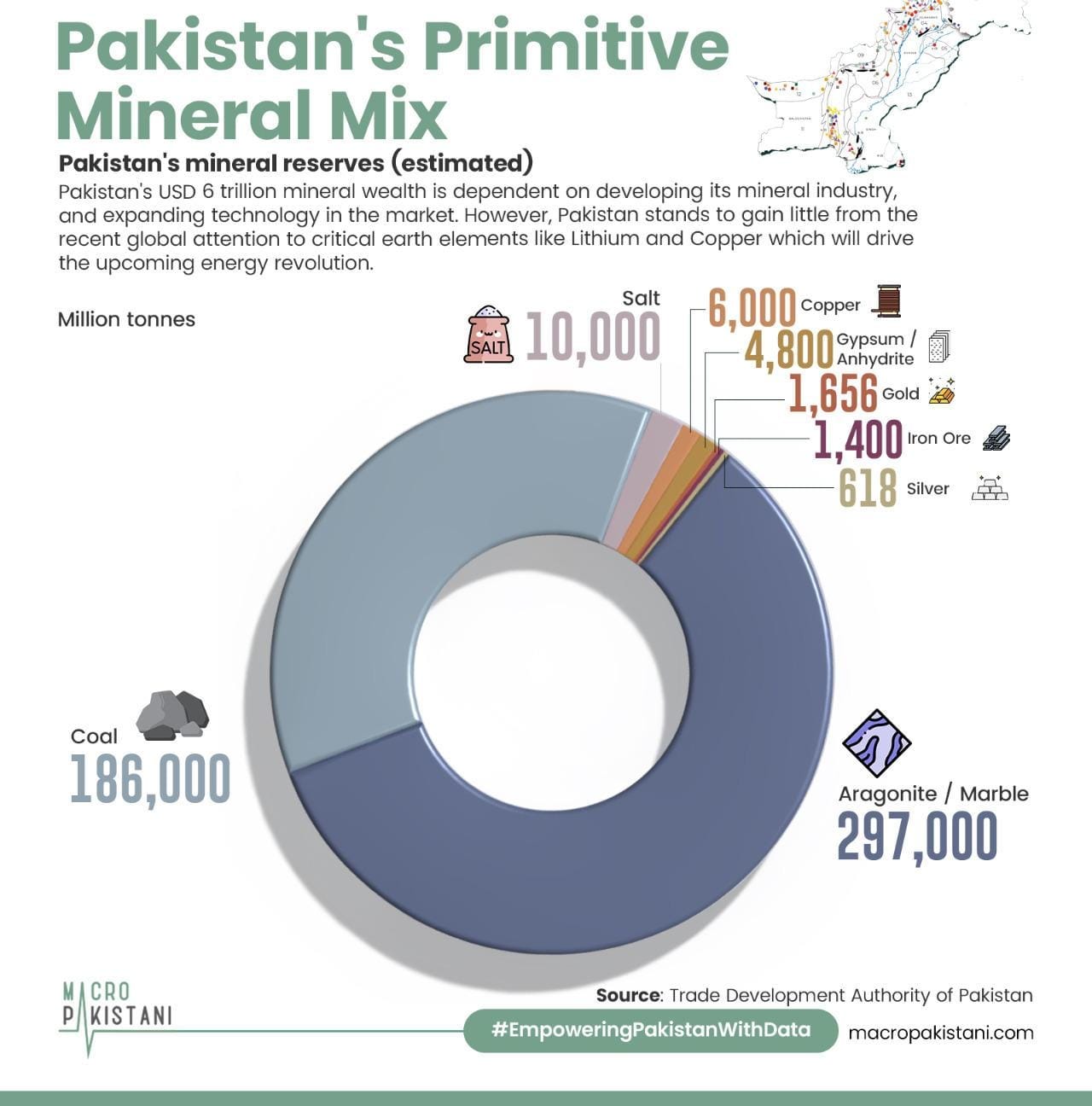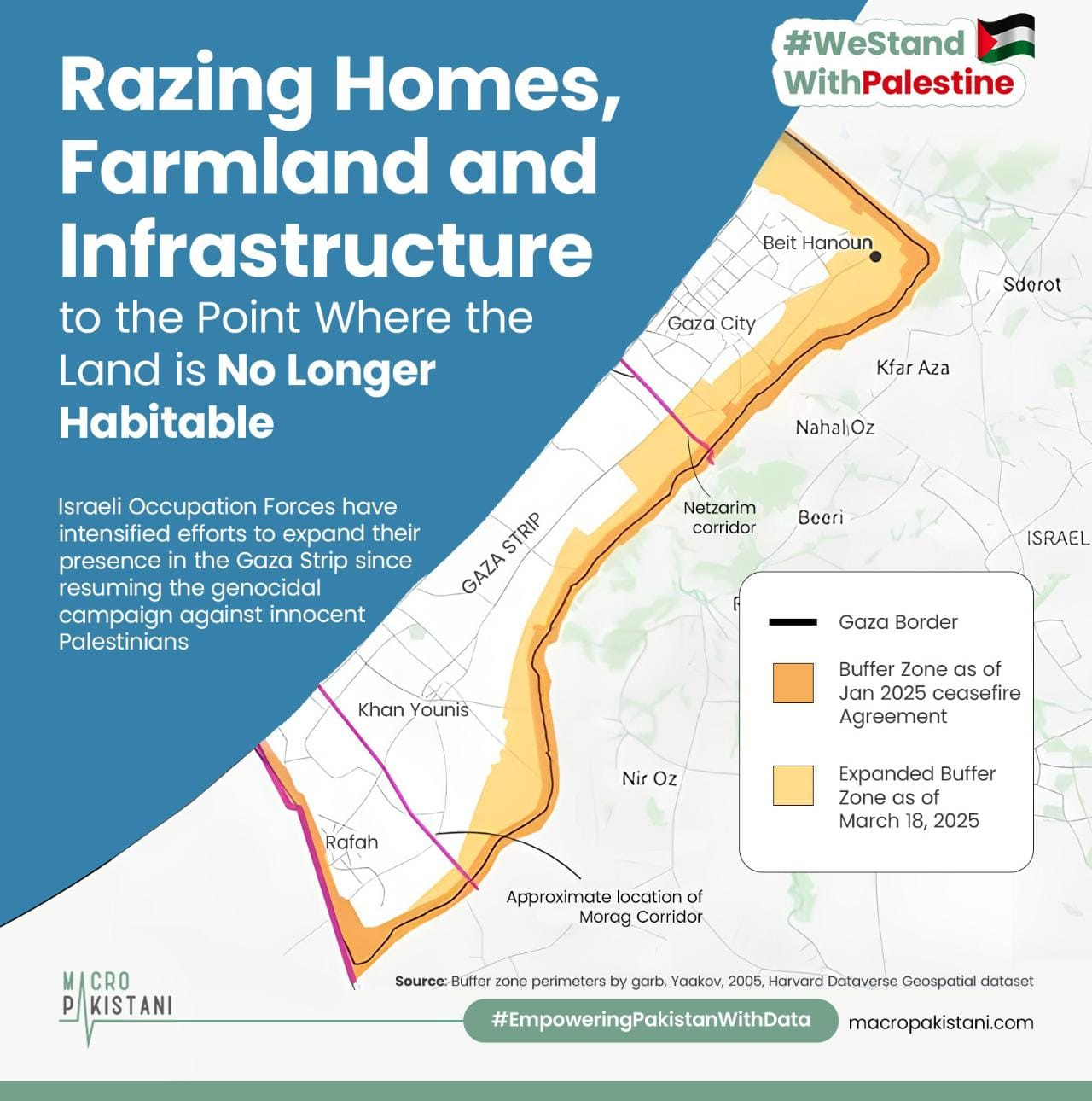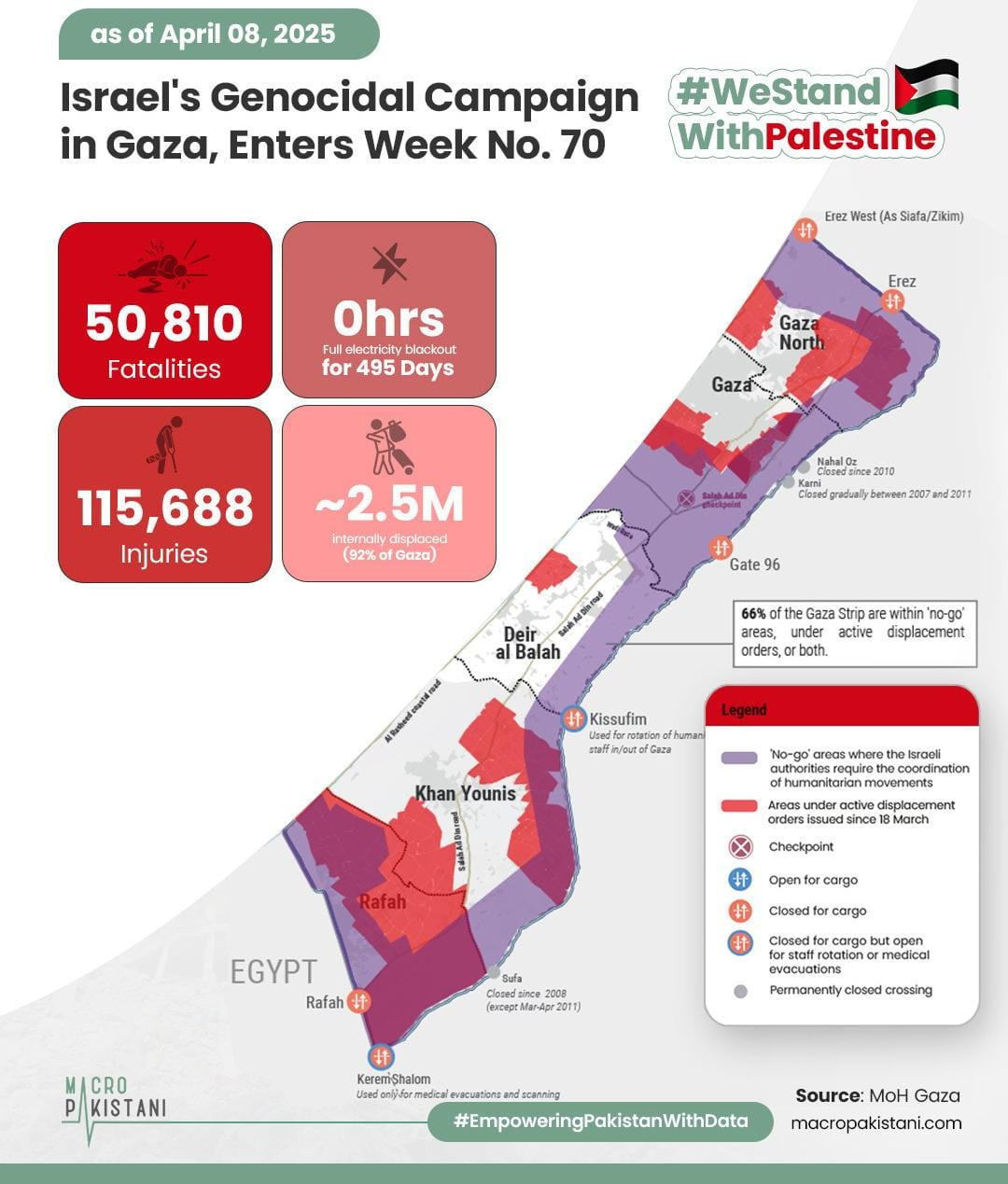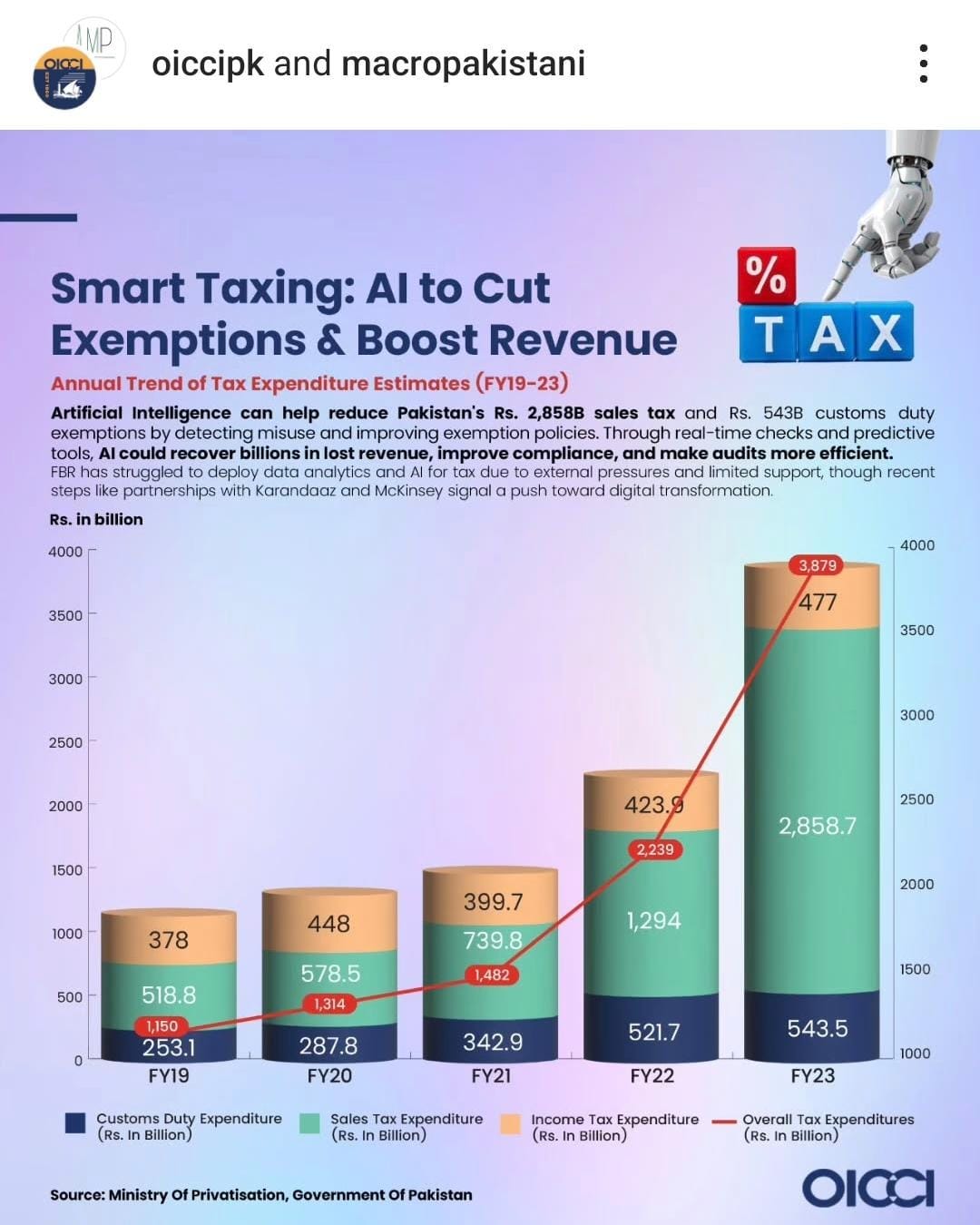Can Pakistan Turn Its Rocks into Riches?
Pakistan's National Minerals Harmonisation Framework 2025 aims to unlock the country's USD 6 trillion mineral wealth, attracting both domestic and foreign investment.
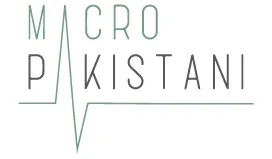
Pakistan is stepping into a new era of mineral development with the launch of its National Minerals Harmonisation Framework 2025, a landmark policy aimed at unlocking the country’s vast resource potential. Rich in minerals like coal, gold, and gypsum, Pakistan has long remained underexplored and underutilized in the global minerals market. In the global market, demand for critical minerals is surging, especially lithium and copper, which are central to the global energy transition and electric vehicle revolution. Pakistan is now strategically positioning itself as a key player. However, its mineral endowment, while significant in volume, is skewed toward bulk materials and industrial minerals. Major reserves include marble, coal, salt, copper, gypsum, gold, etc, a mix that poses challenges in specializing within a global market increasingly focused on high-value and technology-critical minerals.
Pakistan's mineral sector is undergoing a major transformation with the launch of the National Minerals Harmonisation Framework 2025, announced at the Pakistan Minerals Investment Forum (PMIF25). This unified policy aims to streamline mining regulations across provinces, AJK, and Gilgit-Baltistan, offering tax incentives, simplified licensing, and a dedicated dispute resolution mechanism. It prioritizes environmental sustainability, safety, and strategic international partnerships. Key legal reforms include the Mines and Minerals Act 2025 and the Mines Safety and Health Act 2025, which address illegal mining and harmonize provincial policies under federal oversight via the Council of Common Interests (CCI).
These reforms aim to unlock Pakistan's estimated $6 trillion in mineral wealth, with projects like Reko Diq attracting global interest, including Saudi Arabia's investment in copper and gold mining.
While Pakistan’s National Minerals Harmonisation Framework 2025 is a step in the right direction, major concerns persist. Investors often cite regulatory inconsistency, security concerns in mineral-rich areas like Balochistan, complex taxation, and political instability as key deterrents. Despite high-level initiatives like PMIF25, SIFC, and CPEC, the disconnect between policy announcements and implementation remains stark. Pakistan stands to learn much from countries like Thailand, where the mineral and gems industry grew into a USD 15.1 billion export sector by 2022 through strong government support, skill development via institutes like GIT, and regulatory stability, employing over 700,000 people.
Every potential growth avenue in Pakistan is fraught with challenges ranging from financial constraints, regulatory complexities, and, most critically, an unstable security and political landscape. For the minerals framework to truly succeed, it needs more than policy reforms. It demands a cohesive political, social, and fiscal strategy that no single document alone can deliver.
GRAPHICS
Since the cease-fire ended in mid-March, the incursion by Israeli Occupation Forces (IOF) has extended nearly two miles into certain areas, with the IOF now controlling the Netzarim Corridor, effectively splitting Gaza into two sections.
In addition to designating land for demolition, the IOF reportedly labeled the surrounding buffer zones as a "kill zone," instructing troops to shoot anyone within 500 meters of this newly established border, including civilians such as women and children.
Artificial Intelligence can help Pakistan reduce its Rs. 2,858 billion sales tax and Rs. 543 billion customs duty exemptions by detecting misuse and improving exemption policies. By utilizing real-time checks and predictive tools, AI could recover billions in lost revenue, improve compliance, and streamline audits, reducing tax evasion. For instance, the FBR could analyze financial data to identify tax evasion risks and detect discrepancies in returns.
Data Visualization & Marketing Partner: Brand Nib
Visit: https://macropakistani.com/advertise/
Grateful for the ever-growing list of collaborators!
About Us: Macro Pakistani is a data-driven research platform that aims to provide a basic understanding of Pakistan’s economy. If you have an interest in contemporary news but are currently overburdened with sensationalism and specialized vocabulary, we are the platform for you.
How are we doing? Please send us any questions, comments or suggestions by replying to this email.
